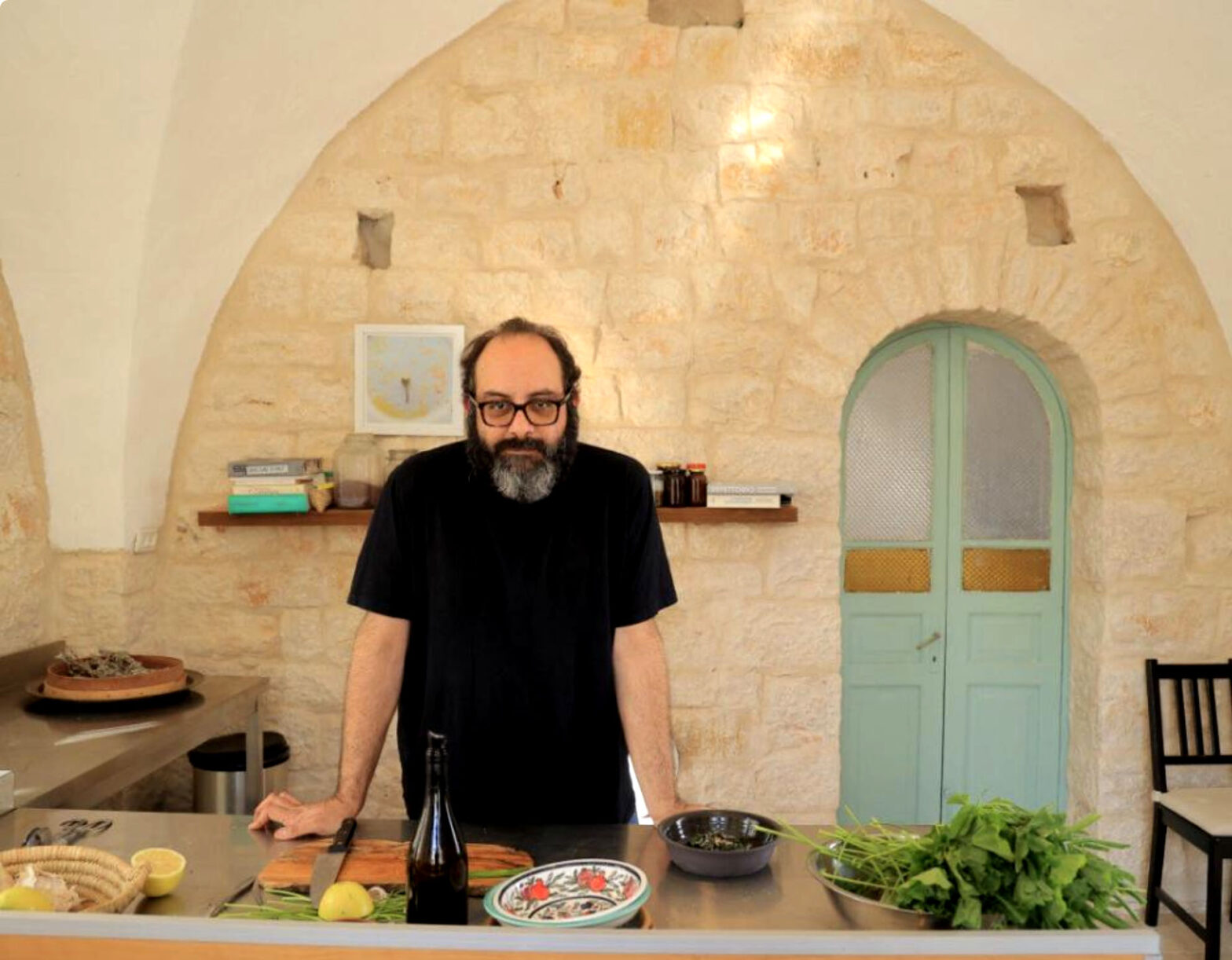
Celebrity Palestinian chef Fadi Kattan presents stories and recipes from his long experience cooking in Bethlehem and beyond.
31 JANUARY 2025 • By Fadi Kattan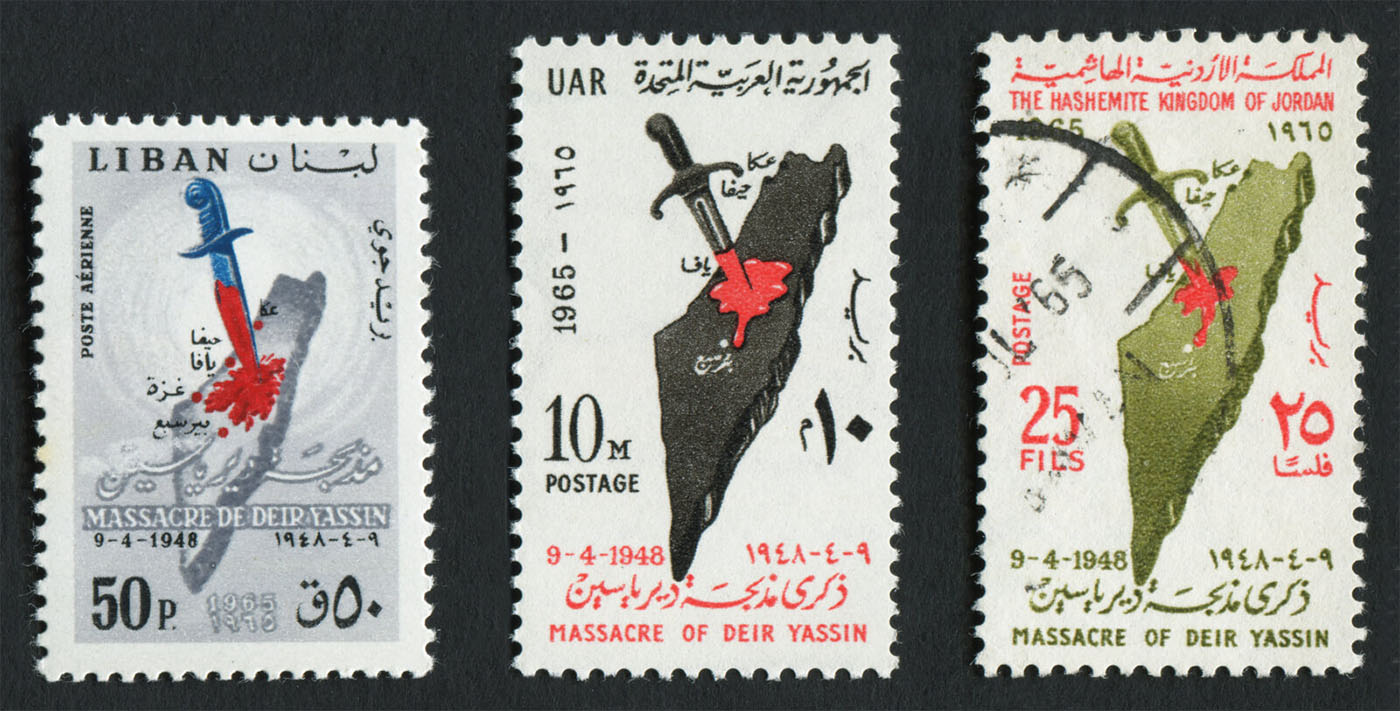
Natasha Tynes reviews a Palestinian novel that thoughtfully examines intergenerational trauma, making it an insightful and worthwhile read.
31 JANUARY 2025 • By Natasha Tynes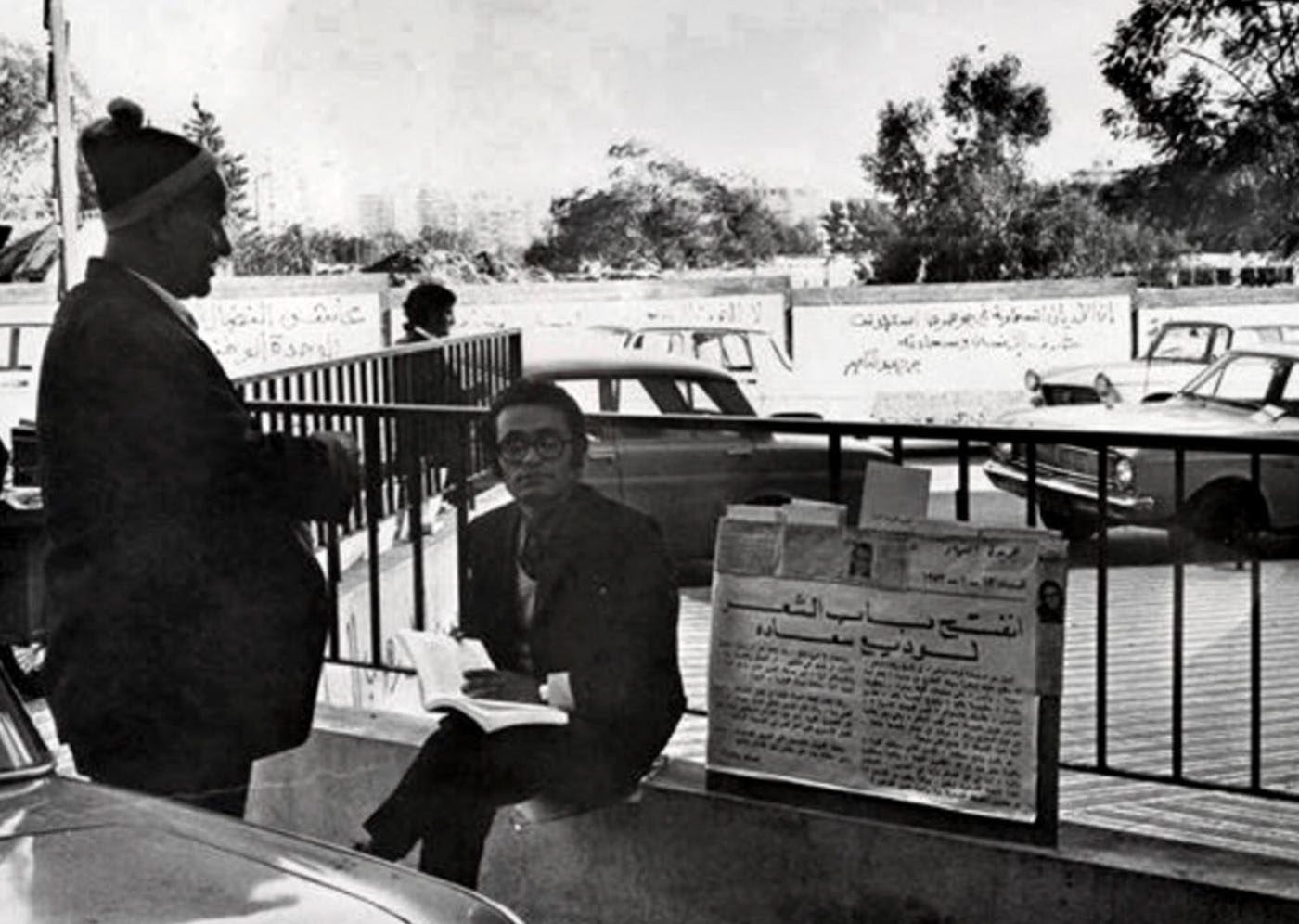
Alex Tan reviews the new chronology of poems from Lebanon's bard of war and exile, Wadih Saadeh, translated...
24 JANUARY 2025 • By Alex Tan
Film & photography festivals, concerts, art, standup comedy, lectures...TMR World Picks run the gamut and are selected by...
24 JANUARY 2025 • By TMR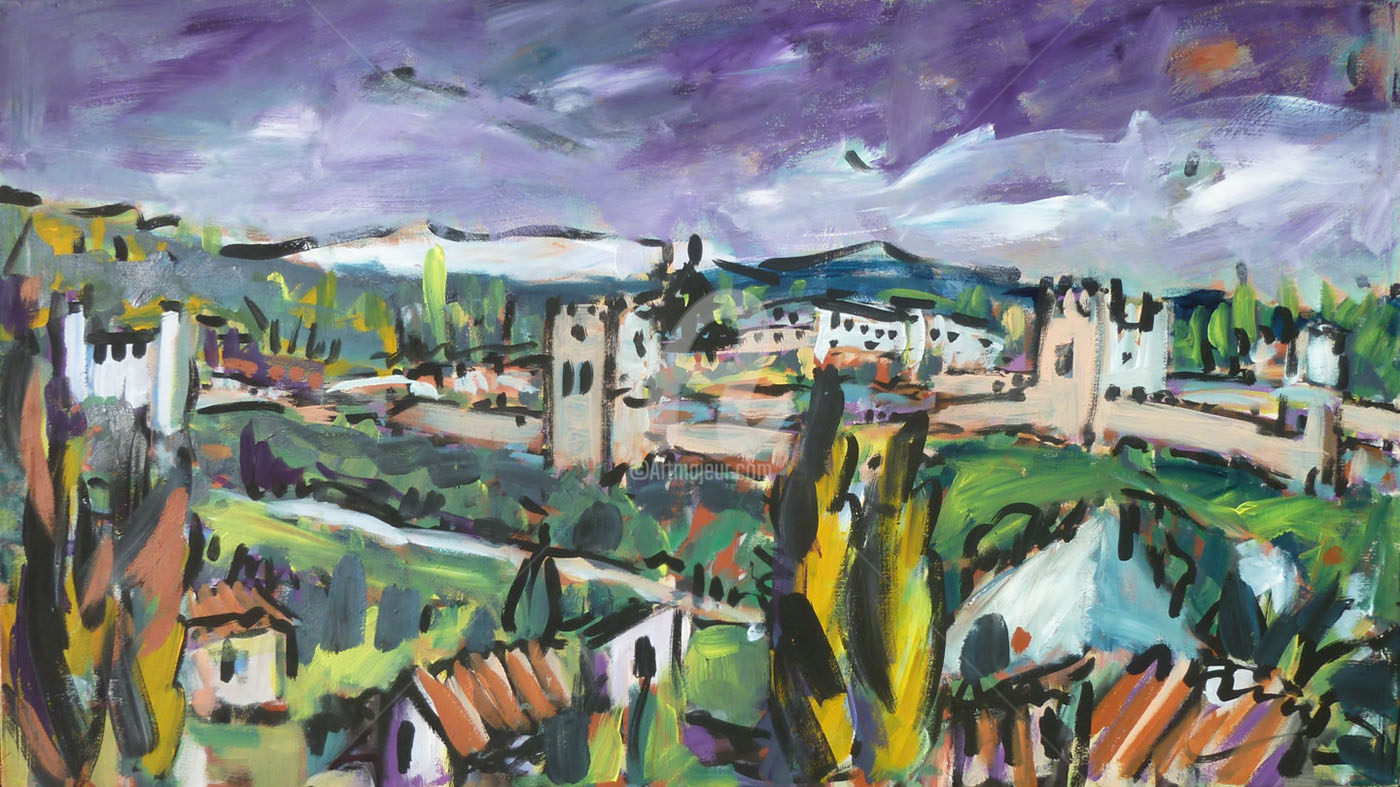
Ashour’s "Granada" trilogy arrives during the ongoing Israeli genocide of Palestinians in Gaza, and a long arc completes...
17 JANUARY 2025 • By Guy Mannes-Abbott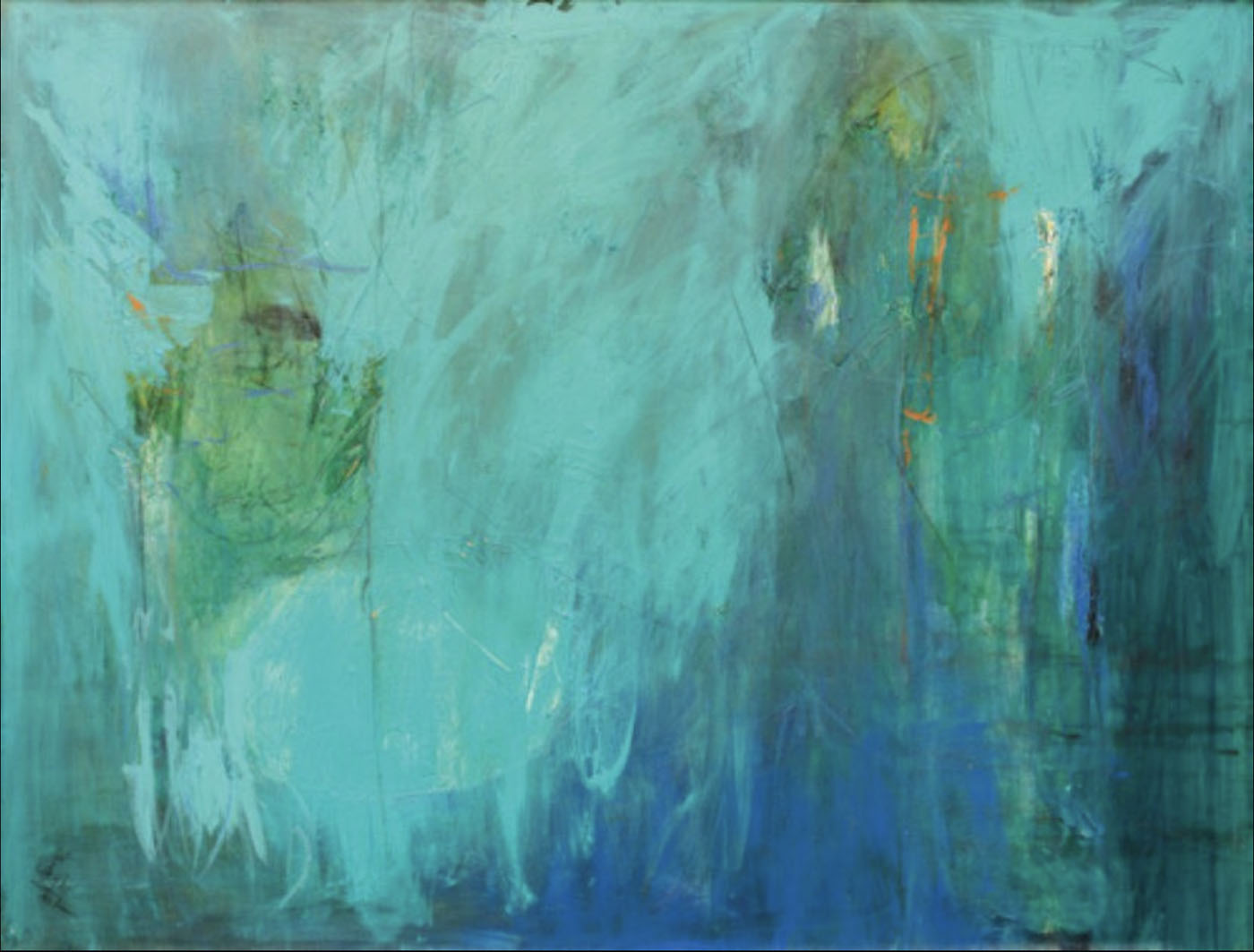
A review of a book that offers a portrait of a royal dynasty whose decline has significantly shaped...
10 JANUARY 2025 • By Azadeh Moaveni
Sophie Kazan Makhlouf challenges misconceptions that an authoritarian government precludes politically-critical cultural production.
10 JANUARY 2025 • By Jelena Sofronijevic
Zahra Hankir reviews Hazem Jamjoum's English translation of Palestinian novelist Maya Abu Al-Hayyat's novel "No One Knows Their...
20 DECEMBER 2024 • By Zahra Hankir
TMR editors have compiled a list of 30 of their favorite titles on Syria, including novels, nonfiction and...
13 DECEMBER 2024 • By TMR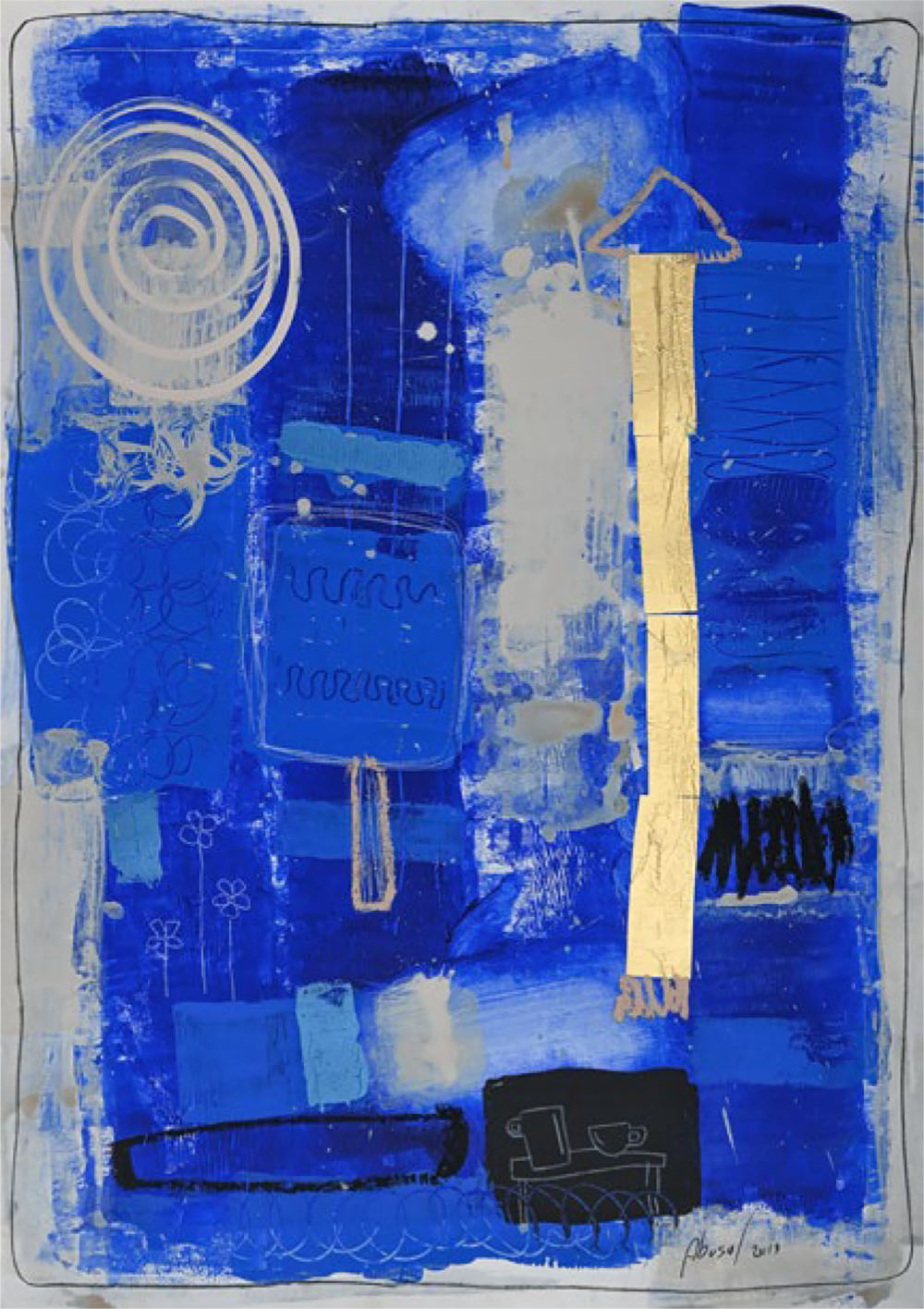
The story is part of Hussein Fawzy's cyberpunk story collection “Graduation Project” recently published by Waziz House.
6 DECEMBER 2024 • By Hussein Fawzy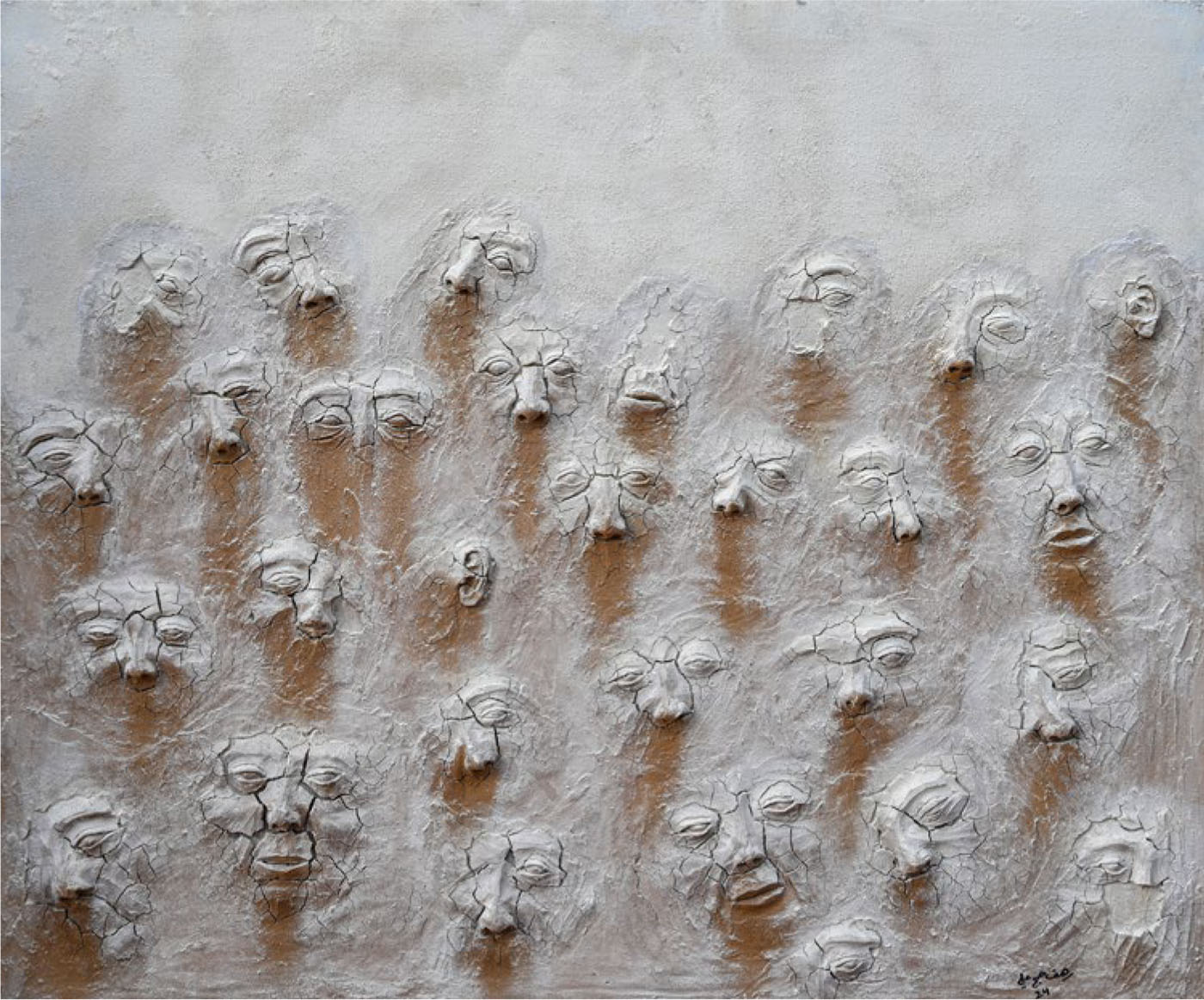
Nihad Sherif's 1972 novel is a pioneering Arabic sci-fi work on human cryopreservation, with prose reminiscent of Mahfouz...
6 DECEMBER 2024 • By Nihad Sherif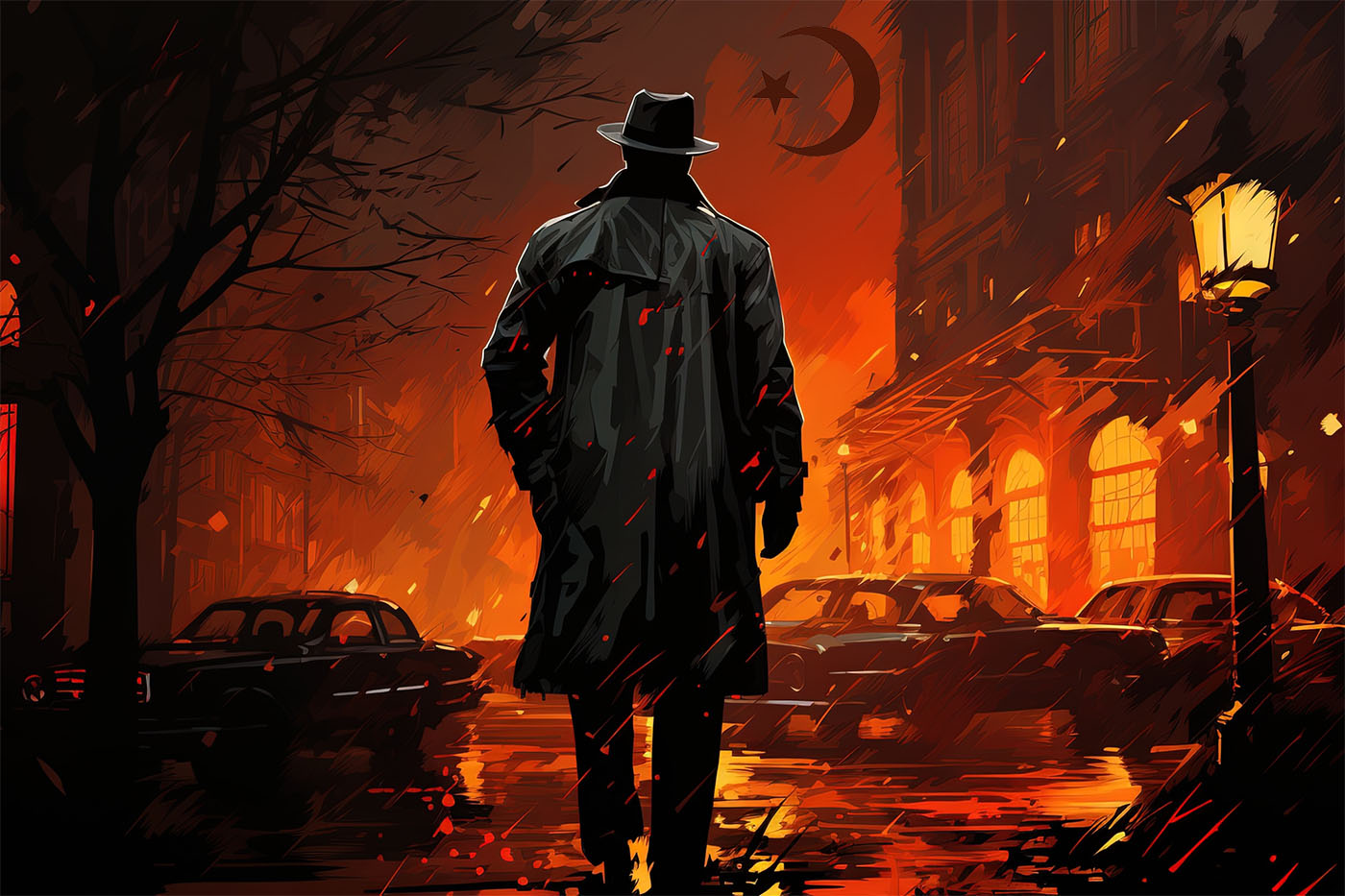
The Arabic crime novel can't compete with more popular genres including satire, horror, or historical fiction, but that...
6 DECEMBER 2024 • By Marcia Lynx Qualey